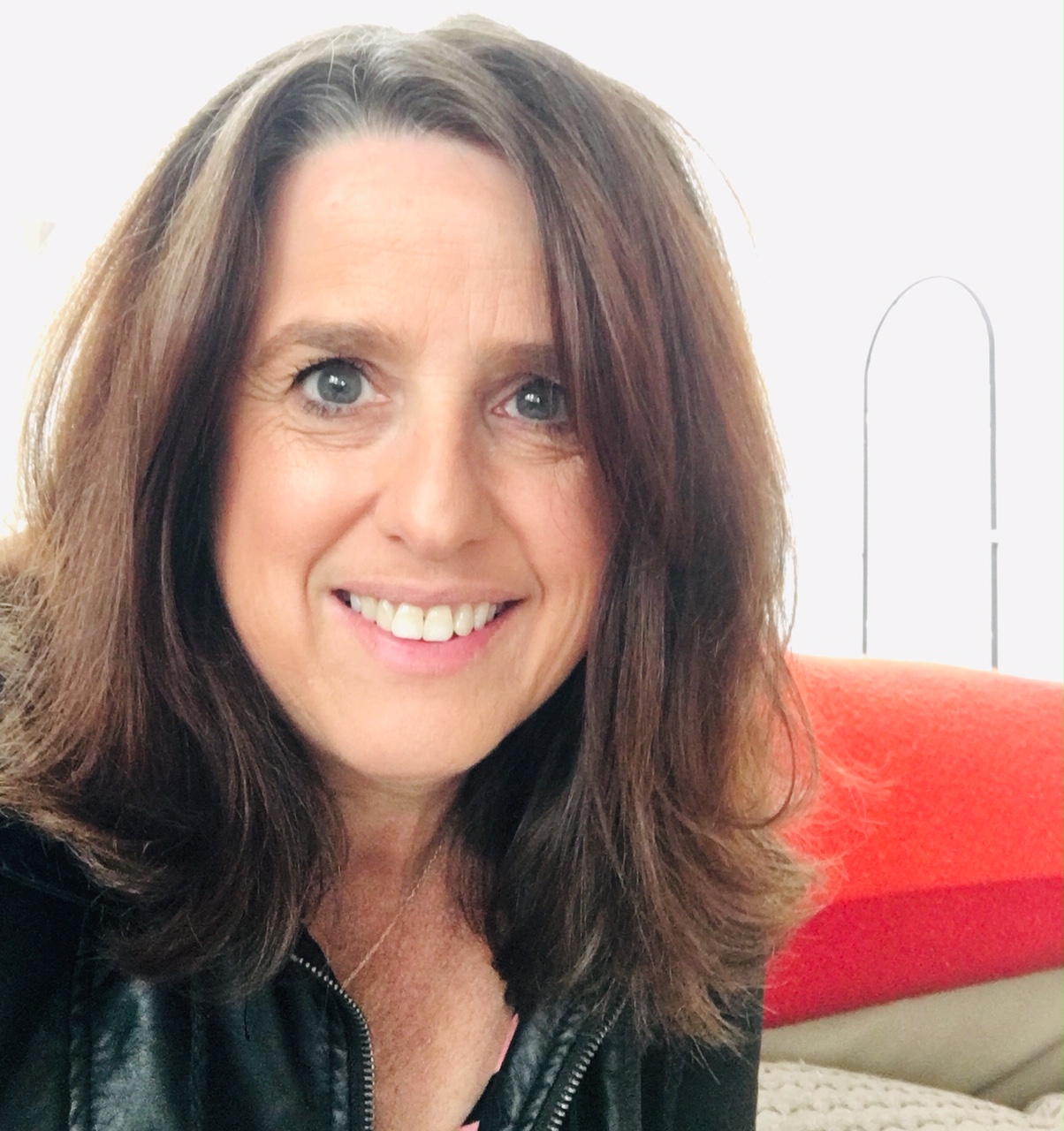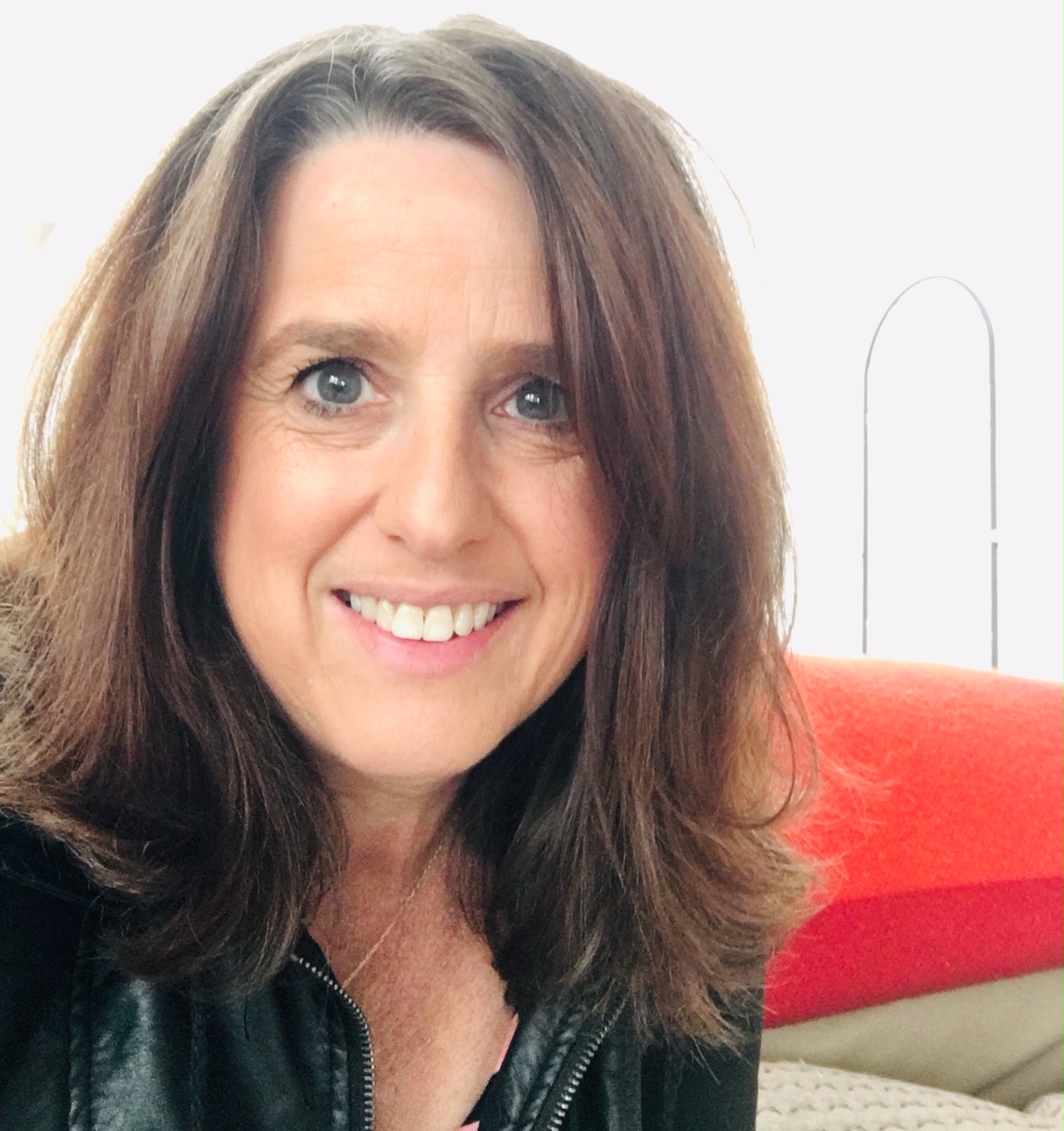Linda J. Engelman, Marriage & Family Therapist |
Because life comes with obstacles. Therapy can help. |

Overhaul Your Relationship: Find Your Inner Neediness© 2014, by Linda J. Engelman, Licensed MFT
Getting in touch with that needy part of ourselves goes against what we've been taught by a society terrified of co-dependency. There is an entire section of literature in most bookstores, warning us that we must set clear boundaries in relationships. We have been taught that being needy equals being weak (particularly if you're a male), and that while it's okay to reach out once in a while, we need to get really good at being self-sufficient. We are taught to rely on ourselves, because others may not be there for us in the long term. But while we've gotten amazingly good at being independent, it doesn't seem to be working. More and more couples find themselves in a therapist's office, lost and wandering, disconnected, and aching for intimacy. Much of the new knowledge we're gaining in this area shows that we were misguided when we were taught "be independent first and foremost." We have headed down the wrong path. Couples therapists today know that we must acknowledge our neediness with our partners, if we are to escape the arguing, disconnect, and unbearable loneliness that leaves so many feeling like they're living as roommates. Renowned psychotherapists like Dr. Sue Johnson (author of Hold Me Tight) are concluding that we are wired for attachment from birth through adulthood, and that a healthy interdependency with a partner is something our brains naturally seek out and crave. This has led to therapeutic modalities such as Emotionally Focused Therapy (EFT). EFT has unprecedented success rates because partners are taught to embrace the idea that it's okay to deeply need another human being, and that it's not something for which they should feel ashamed. EFT is backed by science showing that our need for attachment as babies (babies thrive when they have that nurturing and consistent caregiver) carries with us into adult romantic relationships. As grown-ups, we continue to seek out a safe, secure base, knowing that someone has got our back, in a consistent and committed partnership. The ability to hold, comfort, and trust, creates a safety net that is a good predictor of long-term marital satisfaction. When secure attachment is unattainable, couples get tangled up in repetitive cycles of negative behaviors, arguing and withdraw. They report feeling like they've fallen out of love. They fear not being able to "get the feelings back again." They express things like: "The silence feels like you don't love me anymore." Or, "You're so critical. I won't ever get it right for you." Or "You betrayed me and I'm not sure I can trust again." Rather than jump in with behavioral interventions, Emotionally Focused Therapy provides couples a clear picture of how they go round and round in a never-ending loop whereby they trigger each other's biggest attachment fears, and then act out as a way of protesting their painful disconnect. They begin to break through this negative cycle by risking vulnerable moments with the skilled guidance of the therapist. They practice expressing the "ouch" of feeling separate and they learn to get comfortable saying "I need you". Heightened emotional conversations open the door for partners to serve as a source of comfort, rather than one of pain. And instead of trying to fix things, partners reach out, and reach back - lean in, and lean on - becoming an antidote for each other's distress. It is through this process that many experience neediness as a bonding event, the glue of the relationship, and the underpinnings of a healthy interdependence. Linda Engelman, MFT, practices Emotionally Focused Therapy (a scientifically backed model of therapy developed by Dr. Sue Johnson). CALL for a confidential consultation: 925.295.1036Feel free to forward or link to this article! However, please do not modify or republish the article unless you have obtained the express written consent of the author.  LINDA J. ENGELMANLicensed Marriage & Family Therapist, MFC#46255 linda_engelman@bayarea-therapist.com Psychotherapy and Counseling Services for Individuals, Couples, & Families Web Site: http://www.bayarea-therapist.com Office Located in San Ramon, California Relationship Counseling | Individual Therapy | Copyright ©2019 |
 In my practice, when I ask clients what they "need" in their relationship, I often hear: "What I need is for my partner to be happy!" To which I'll say, "No, what do YOU need, for YOU, in this relationship?" At which point my client usually pauses, looks confused, and then says something to the effect of: "Me have needs? That would make me NEEDY." The emphasis on needy is generally not a positive one.
In my practice, when I ask clients what they "need" in their relationship, I often hear: "What I need is for my partner to be happy!" To which I'll say, "No, what do YOU need, for YOU, in this relationship?" At which point my client usually pauses, looks confused, and then says something to the effect of: "Me have needs? That would make me NEEDY." The emphasis on needy is generally not a positive one.